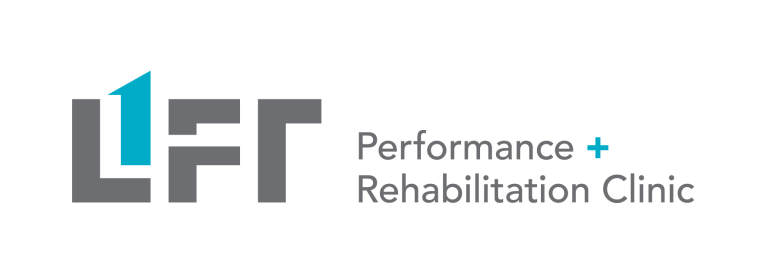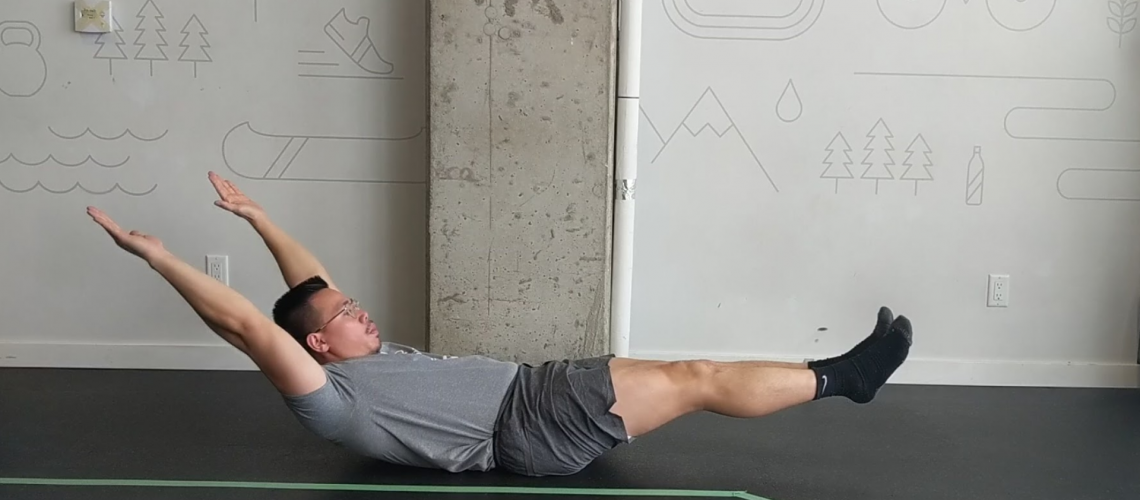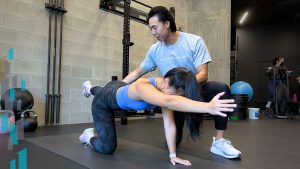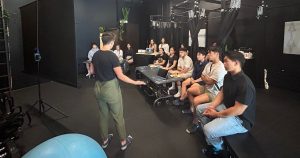An isometric contraction is one where the muscle doesn’t change in length against a resistance. Isometric exercises can be done against a relatively heavy force to elicit a maximal contraction, a varying force with external perturbation to improve coordination of muscles, or at specific joint angles to improve weak points.
Here are some ways that Isometric exercises can be beneficial:
1. Recovery From an Injury
After an injury, a joint may not tolerate loaded dynamic movements. Isometrics allow you to continue put load the muscles on the joint without putting direct stress to the joint. For example, after an ACL injury, the swelling in your knee may limit the movement in your knee. Isometric quadriceps contraction will help to improve quadriceps muscle activation post-injury, and also to maintain a stimulus to maintain some strength.
When recovering with muscle or tendon injuries, the injured muscle may not tolerate dynamic loads. Introducing load to the muscle through isometrics can be a gentle starting to step to recovery.
2. Improve joint stability
Holding a joint in a specific position when under load requires the co-contraction of muscles around the joint. In more dynamic movements such as running, jumping, hitting, having a more stable joint allows for improve leverage to perform the movements and helps to reduce the stress on the joint.
In the shoulder joint, muscles around the shoulder and the shoulder blade (like the rotator cuff, trapezius, rhomboids, serratus anterior) work together to keep the ball of the shoulder joint sitting nicely in the socket. If an action like bringing the arms overhead feels weak, it may be to hold an isometric contraction at a specific joint angle that feels weak, and have some kind of external force try to move your while you keep it one position. The force can be a band pulling in a different direction or having someone apply a force to your arm from random directions.
In the lumbar spine, training isometric holds with exercises like hollow body holds and long lever planks help to strengthen and stabilize the spine to allow for better force transfer from the legs upwards, and to limit excessive movement of the spine when under a load (like in a squat or a deadlift).
3. The analgesic effect of isometrics
Athletes with painful tendons may benefit from adding isometrics to their warmups. For example, an athlete with patellar tendon pain in the knee may add 5 sets of 30 seconds isometric wall sits at a 60 degree angle during his warmup to decrease knee pain during competition, and allow for better performance. This works possibly due to neuromotor changes.
4. Work on weak points in your lift
When trying to improve lifts like your squat, bench press, or deadlift you may encounter sticking points or weak points in your lift.
- For the squat, it may be the bottom of your squat.
- For your deadlift you may feel like you lose a bit of tension just below your knees.
- For bench it may be when the bar is 5cm off your chest.
Whatever your weak point is, it can be a good idea to work on paused reps, where you isometrically hold the position of your weak point for to practice improve tension and build strength at the specific position.
Adding Isometrics Exercises to Training
Isometric exercises on their own may not be the best way to build pure strength, or improve your explosiveness. However, they can be a great option to add into your current program to help you address your weak points, decrease pain, and improve your performance. There are many other applications for isometric training. What are your favorite ways to incorporate it into your training?




